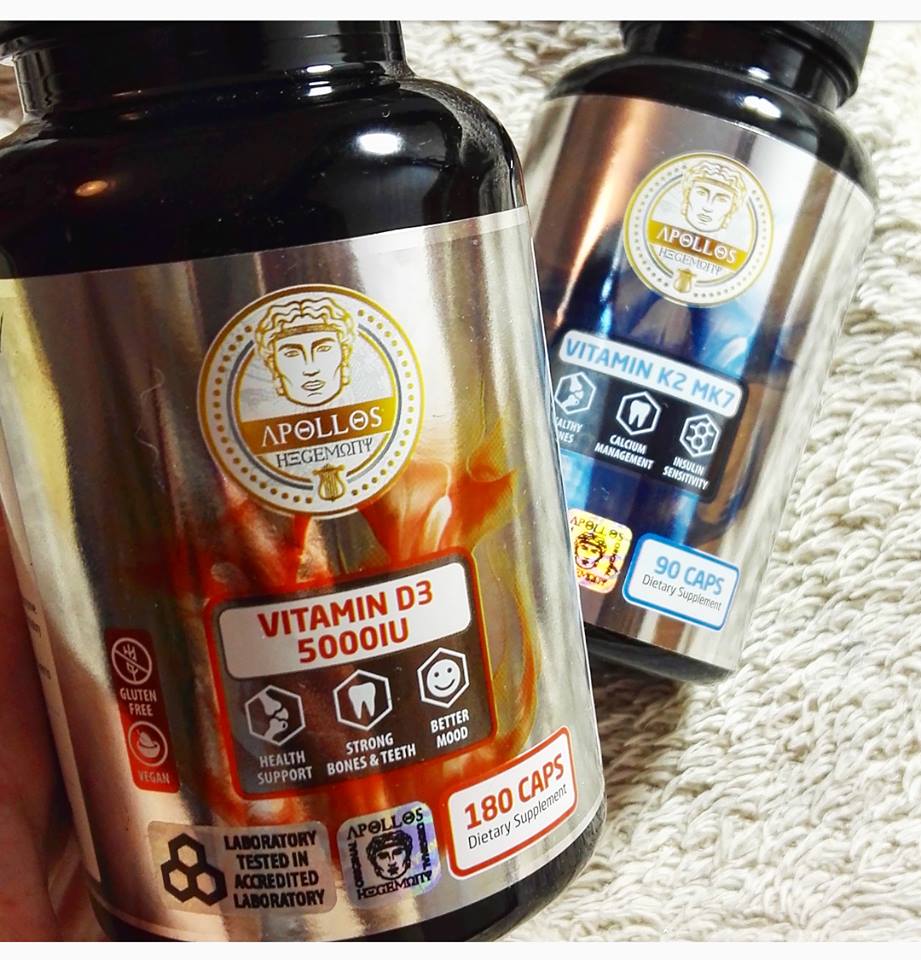February can be a cold, miserable month as we anxiously await the first signs of Spring but help is at hand to lift your spirits and beat the late winter blues! It is a prime time for colds; with over two hundred easy-to-catch, common cold viruses circling around us. Keeping the body well-nourished during the final winter months can be difficult but here are a few simple tips to help with that:
- Increase garlic and ginger consumption
Garlic is a natural antibiotic with antiviral, antibacterial and anti-fungal properties and is an excellent immune booster. The active ingredient in garlic, allicin, only works under certain conditions so to maximise the health benefits, crush or slice garlic and let it stand for 10 minutes before cooking. The less cooking the better! Ginger has shown to have potent antioxidant, anti-nausea, anti-inflammatory and antimicrobial properties and is a great option for when you feel a cold coming on.
- Keep your tummy in check
Around 70-80% of our immune system is based within the gut and you can help strengthen your immunity by incorporating gut-friendly foods in your diet. Probiotic foods containing live cultures of beneficial gut bacteria include live yogurt, kefir, sauerkraut, kimchi and tempeh. Prebiotic foods such as leeks, onions, dandelion green and Jerusalem artichoke act as a fertilizer for the good bacteria in your gut.
- Vitamin D
Vitamin D plays an important role in keeping our immune system functioning properly. It’s not surprising that something nicknamed the ‘sunshine vitamin’ is low in supply during the dark days of winter. We naturally produce Vitamin D under our skin in response to the sun’s rays but during winter we get less exposure to the sun. It can be difficult to get enough Vitamin D through food so try and spend a little time outdoors each day and consider supplementation between the months of October and April.

- Exercise
It’s probably the last thing you feel like doing on a dark winter evening (especially when weighed up against a glass of red wine), but exercise is an excellent immune booster. For prevention, regular moderate exercise is important and has been linked to long-term immune benefits. However, at the first signs of a cold don’t drag yourself out of bed for a 10 km run – at this stage it is much better to rest up and keep warm.
- Drink water
Make sure you’re drinking enough water to stay hydrated as this is important for every single process in your body. Water and fluid help to transport nutrients around the body as well as ensuring proper functioning of all cells, tissues and organs.

- Increase fruit and vegetable intake
Stock your cupboard with immune-friendly fruits and vegetables. Fruits and vegetables contain plenty of nutrients essential in immune health such as antioxidants and an array of vitamins and minerals. Foods rich in vitamin C, beta-carotene and zinc, such as citrus fruit, cabbage, broccoli, sweet potato, and spinach, have immune-boosting properties. Keep your diet varied and exciting by adding pulses and beans to curries and chillies or adding a handful of nuts to a homemade soup. This adds a boost of nutrition in form of fibre, healthy fats, proteins and essential vitamins.

- Avoid immune suppressants
This includes things like sugar which doesn’t only suppress our immunity but it also feeds bad bacteria and promotes mucous production, prolonging an infection. Alcohol can affect immunity by reducing the absorption of nutrients such as B vitamins, which are required for immune cell productions and can increase the growth of pathogenic toxin-producing bacteria in the gut.
- Rest
Give your body the rest it needs. Don’t try to push through illness. Your body is working extra hard to fight something so rest and allow it to recover.
- Protein
Protein isn’t just for body builders! Protein is an essential component of any diet as it is important for many functions in the body such as repair and growth of muscle tissue, maintaining our blood sugar levels and supporting our immune response, ensuring we are equipped to fight off any illnesses.

If you are concerned at any time about your symptoms then seek professional healthcare advice.






